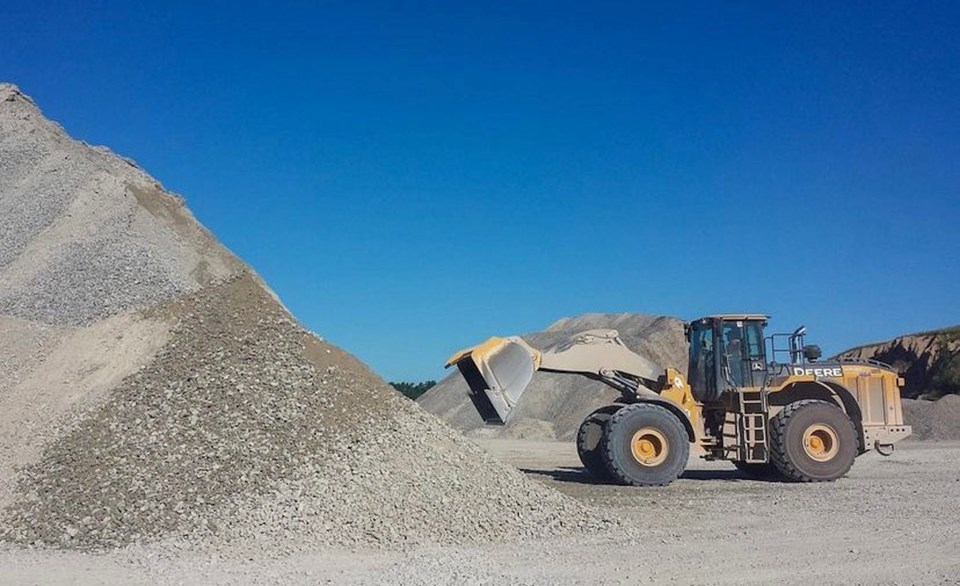A court decision has stalled the processing of an application for a new gravel pit that two Thunder Bay companies both wanted to develop.
Three judges of the Superior Court of Justice said the Ministry of Natural Resources and Forestry (MNRF) didn't follow its own policies in its handling of an application by Milne Aggregates.
The judges also determined that MNRF failed to rationalize its decision.
Milne and Lempiala Sand and Gravel each applied to the ministry in 2018 to extract aggregate from Crown land in an area known as Fowler Pit, near Hawkeye Lake.
Although Lempiala – owned by Bruno's Contracting – initially inquired about a permit in 2017, Milne submitted its paperwork first.
In May 2018, MNRF deemed that Milne's application was complete, meaning that the company now had the exclusive opportunity to secure a permit.
Lempiala appealed the MNRF's decision to Divisional Court, the branch of Superior Court that reviews government action in Ontario.
Among numerous other measures, ministry policy for new gravel pits requires a Natural Environment Report to outline the presence of significant wetlands, endangered or threatened species habitat, significant wildlife habitat or fish habitat within 120 metres of the site.
It also prescribes a site visit by a biologist.
Milne's application stated "A biologist has not completed a site visit, but has prepared this desktop study to investigate the surface features, drainage patterns and natural environment."
The court found that the ministry had failed to provide a reasoned explanation for its departure from a mandatory policy.
The judges also determined that MNRF accepted Milne's application without the correct Cultural Heritage Report, which deals with the potential for archaeological resources on a site.
The company did provide an email from the Ministry of Tourism, Culture and Sport (MTCS) that said – based on information provided by Milne – the likelihood of meaningful archaeological impact was low.
However a cultural checklist submitted with the application was an older version, and MTCS stated that the use of an up-to-date checklist might yield different results.
"The ministry provided no evidence to this court as to why an out-of-date checklist coupled with other, unspecified information was sufficient" for its analysis as to whether the application should be considered completed, the judges said in their decision.
MNRF submitted that its decision-making was reasonable because the policies in question do not apply to the initial stage of the application process for a gravel pit.
A senior ministry official had sent a letter to Milne confirming that its application was deemed "complete," but also cautioning that the ministry still had "a number of significant comments regarding this application...that may fundamentally change what is proposed."
The official advised the company that it might want to address these issues prior to the start of the notification and consultation period required under the Aggregate Resources Act.
Nonetheless, the court ruled that the ministry failed to provide any evidence that it had "metrics by which it could determine completeness" of Milne's application.
"The failure to adduce this evidence means that this court has no basis to conclude that the ministry adequately considered relevant factors in deeming Milne's application complete, or whether the ministry was arbitrary in that regard."
Although it quashed the MNRF's finding that the application was complete, the court dismissed Lempiala's request that it order the ministry to consider its own application for a gravel pit.
It remitted the matter back to the ministry and ordered MNRF to pay Lempiala's court costs of $30,000.
- TBNewswatch




